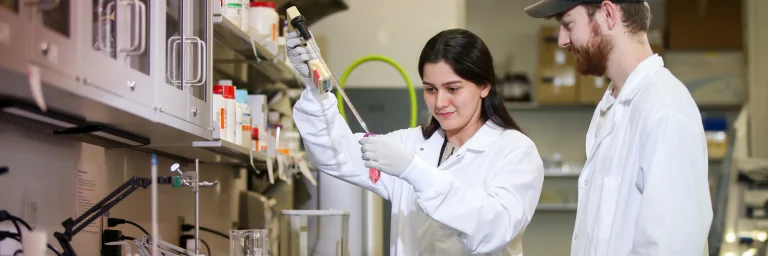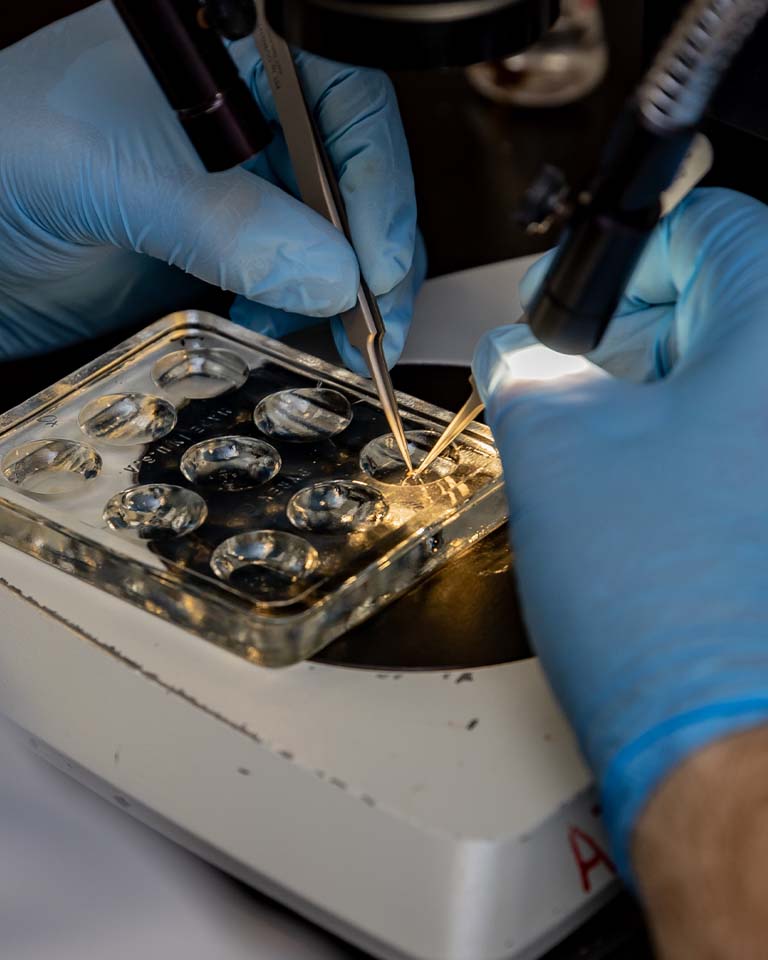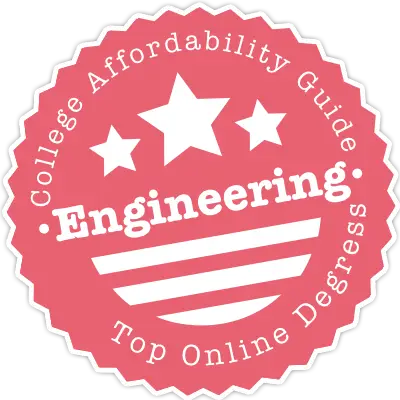Biomedical Engineering Master's
Biomedical engineering master's students can expect to be highly sought by companies in the rapidly-growing field of medical devices.
With UND's master's in biomedical engineering, you’ll gain the expertise to advance the biomedical device field. You'll create innovative solutions through research and biomedical product development.
- Program type:
- Master's Degree
- Format:
- On Campus or Online
- Est. time to complete:
- 2 years
- Credit hours:
- 30
Why earn a biomedical engineering master's?
On-Campus or Online Biomedical Engineering Master's
-
UND is recognized by U.S. News & World Report as a best online graduate engineering program.
-
Individualize your master’s experience by engaging with the Biomedical Innovation Zone (BIZ), where students collaborate with industry partners, explore entrepreneurial ventures, and contribute to advancing biomedical innovation in North Dakota.
-
Conduct groundbreaking research. SafetySpect Inc. is testing its handheld ultraviolet light disinfection system at UND biomedical engineering labs. The U.S. Air Force and the global food-services industry are interested in this new technology.
-
Leverage the expertise and resources of three departments: UND College of Engineering & Mines, UND School of Medicine & Health Sciences and NDSU's College of Engineering.
-
The biomedical engineering master's has both thesis and non-thesis options. Learn online or on-campus.
-
Open yourself up to greater career opportunities by focusing on areas where biomedical engineering expertise is most needed.
What can I do with a biomedical engineering master's?
Biomedical Engineering Master's Courses
Online Biomedical Engineering Master's Degree
Leaders in Engineering
Helping you fulfill your aspirations is our highest priority. We'll work with you to design a custom educational plan that meets your goals.


